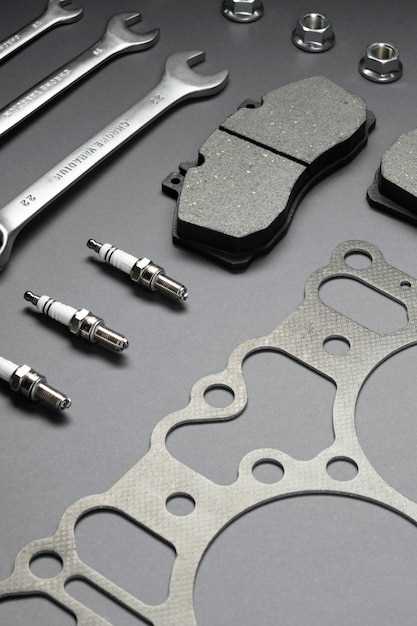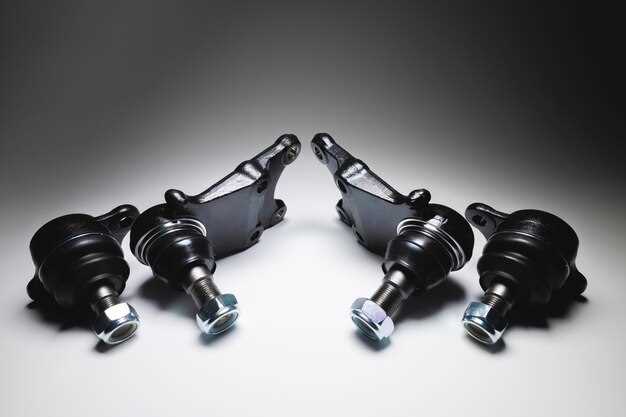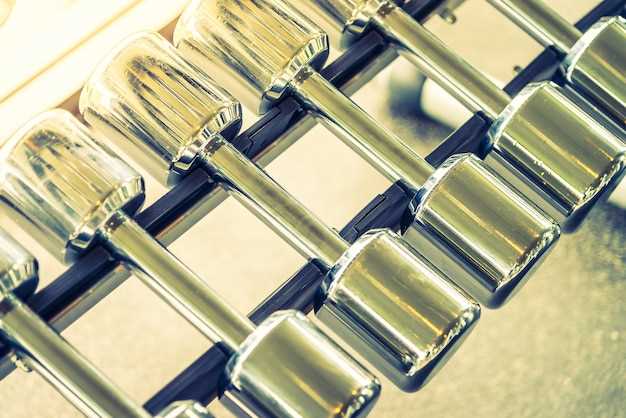
When it comes to maintaining or upgrading your BMW, one of the critical decisions involves choosing between Original Equipment Manufacturer (OEM) parts and aftermarket alternatives. Understanding the distinctions between these two options is essential for vehicle owners aiming for longevity and performance.
OEM parts are produced by the vehicle’s manufacturer to ensure perfect fit and compatibility. These components are designed according to the factory specifications, offering a level of reliability that many car enthusiasts trust. However, they often come with a higher price tag, reflecting the manufacturer’s quality assurance and brand reputation.
On the other hand, aftermarket BMW engine parts can provide a more cost-effective solution. These parts are manufactured by third-party companies and can sometimes offer enhanced performance features or greater availability. While some aftermarket components are designed for specific enhancements, others may prioritize affordability over quality, leading to variance in performance and longevity.
Choosing between OEM and aftermarket parts ultimately depends on your individual needs, budget, and performance goals. In the following sections, we will explore the benefits and drawbacks of each option, helping you make an informed decision for your BMW engine repair or modification project.
Unique Advantages of OEM BMW Engine Parts for Performance and Longevity

OEM (Original Equipment Manufacturer) BMW engine parts are specifically designed to meet the exact standards set by BMW for high performance and durability. One of the primary advantages of using OEM parts is their precise fit and compatibility with your vehicle. Since these components are manufactured to the same specifications as the original parts, they ensure optimal functioning, which can significantly enhance overall engine performance.
Another key benefit of OEM parts is the quality assurance. BMW rigorously tests its components to withstand the demands of driving under various conditions. This testing process guarantees that OEM engine parts not only meet but exceed industry standards, leading to improved reliability and reduced likelihood of failure. In contrast, aftermarket parts may vary in quality, sometimes compromising performance and longevity.
Using OEM parts also contributes to the longevity of your BMW’s engine. These components are engineered with materials that provide superior resistance to wear and tear, allowing them to maintain their performance over time. The longevity of OEM engine parts means less frequent replacements and reduced overall maintenance costs, which can be a significant advantage for car owners who value long-term investments.
Moreover, OEM parts often come with a warranty, offering further peace of mind. This warranty not only covers manufacturing defects but also reflects the confidence BMW has in their products. It means that should an issue arise due to a part’s failure, you’re protected, ensuring that you have recourse for repairs or replacements.
Lastly, choosing OEM parts helps maintain the vehicle’s resale value. Potential buyers often seek vehicles that have been maintained with original parts, as this signifies care and adherence to manufacturer specifications. By using OEM engine parts, you are not just investing in quality; you are also preserving the integrity and value of your BMW over time.
Cost-Benefit Analysis: OEM vs. Aftermarket BMW Engine Parts

When it comes to BMW engine parts, choosing between OEM (Original Equipment Manufacturer) and aftermarket options presents a significant decision for car owners. Understanding the financial implications and overall value of these components is crucial for informed purchases.
OEM parts, produced by the car manufacturer, typically come with a higher price tag. This premium reflects their assurance of quality, compatibility, and adherence to strict specifications. These components are designed specifically for BMW vehicles, often leading to longer lifespans and better performance. Additionally, OEM parts usually come with a warranty, providing peace of mind regarding their durability and reliability.
On the other hand, aftermarket parts are produced by third-party manufacturers and vary widely in quality and price. While some aftermarket options can match or exceed OEM in performance, others may be of inferior quality, leading to potential issues down the line. The price advantage of aftermarket parts can be significant, making them an attractive option for budget-conscious consumers seeking lower upfront costs.
A critical aspect of the cost-benefit analysis is assessing the long-term effects of each choice. While aftermarket parts might save money initially, choosing lower-quality alternatives could result in more frequent replacements and repairs, ultimately leading to greater expenses over time. Conversely, spending more on OEM parts may yield better resale value for the vehicle due to the assurance of quality and reliability.
Ultimately, the decision between OEM and aftermarket BMW engine parts hinges on individual priorities, be it cost, quality, or performance. A thorough evaluation of specific part requirements, budget constraints, and future maintenance plans will help in making the best choice for any BMW owner.
Guidelines for Selecting the Right Aftermarket Parts for BMW Engines
When considering aftermarket parts for your BMW engine, it is essential to approach the selection process with a structured mindset. The right choice can enhance performance and reliability, while the wrong choice may lead to significant issues.
1. Research Reputable Brands: Start by researching well-known aftermarket manufacturers known for quality and reliability. Look for brands with positive reviews and a history of producing durable parts specifically for BMW engines.
2. Verify Compatibility: Ensure that the aftermarket part is specifically designed for your BMW model and engine type. Check product specifications and consult with experts if necessary to confirm compatibility.
3. Check for Certifications: Many quality aftermarket parts come with certifications or warranties. Look for parts that have been tested for performance, safety, and emissions compliance to ensure they meet industry standards.
4. Read Customer Reviews: Leverage the experiences of other BMW owners by reading customer reviews and forums. These testimonials can provide insights into the longevity and functionality of specific aftermarket parts.
5. Consider Performance Enhancements: If you are looking to upgrade your engine’s performance, be mindful of how aftermarket parts will affect overall performance. Research how specific components work together to ensure balanced improvements and avoid compatibility issues.
6. Price vs. Quality: While aftermarket parts often come at a lower price than OEM parts, prioritize quality over cost. Cheaper parts may lead to higher maintenance costs in the long run due to poor performance or early failure.
7. Seek Professional Advice: Consulting with a professional mechanic or BMW specialist can provide valuable insights into the best aftermarket parts for your vehicle. Their experience can guide you toward the most reliable and efficient options.
By adhering to these guidelines, you can make informed decisions when selecting aftermarket parts for your BMW engine, ensuring that you achieve the desired improvements without compromising quality or reliability.



